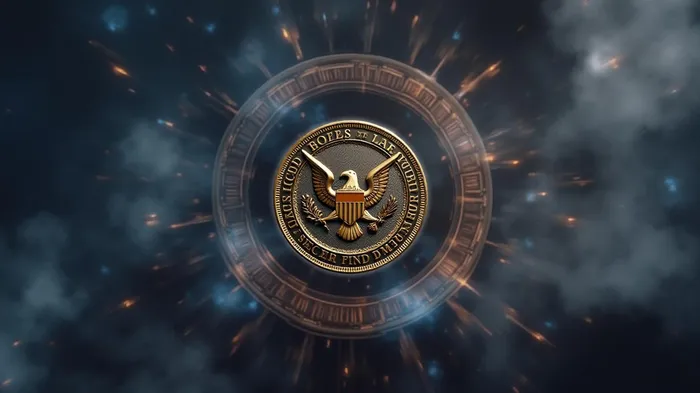XRP News Today: Judge Rejects Ripple-SEC Settlement Plan Over Procedural Flaws
In a pivotal turn of events, the ongoing legal dispute between Ripple Labs and the U.S. Securities and Exchange Commission (SEC) has taken a new direction. Judge Analisa Torres has rejected a joint request from Ripple and the SEC for an indicative ruling that would have advanced their settlement plan. The motion, submitted on May 8, 2025, aimed to lift an earlier court order that prohibited Ripple from selling XRP in violation of securities laws and to reduce Ripple’s $125 million penalty to $50 million. However, the judge determined that the parties did not adhere to the necessary legal procedures, leading to the denial of the request.
The case, which began in 2020, centers around the SEC's accusation that Ripple sold XRP as an unregistered security. In 2024, Ripple was ordered to pay a substantial penalty, and both parties subsequently appealed the decision. Despite the ongoing appeals, Ripple and the SEC recently agreed to settle the case. As part of their settlement plan, they signed an agreement in April and May of this year and requested the court to pause the appeals. However, Judge Torres denied this request, citing the parties' failure to comply with Rule 60, which governs the modification of final court decisions. The court noted that the motion did not provide a sufficient explanation for why an exception should be made in this case.
Following the decision, attorney Bill Morgan explained the intended settlement process. He stated that the agreement was signed, the appeals were paused, and the parties sought an indicative ruling from the court. If approved, they would have requested a limited remand from the appeals court to finalize the settlement. With the motion denied, the process has encountered a significant obstacle. Ripple’s Chief Legal Officer, Stuart Alderoty, clarified that the judge's order does not alter Ripple's legal victories, such as the determination that XRP is not a security. He emphasized that the issue at hand is procedural and that Ripple and the SEC remain committed to resolving the case. They will revisit the matter with the court to address the procedural concerns.
This development means that Ripple and the SEC must decide whether to correct their legal paperwork and resubmit their request or explore alternative approaches. The rejection of the settlement deal prolongs the legal uncertainty surrounding XRP, which has been at the center of a debate over its classification as a security. The SEC argues that XRP is a security and that its sale by Ripple violated securities laws, while Ripple maintains that XRP is a currency and not subject to such regulations. The judge's decision to reject the settlement deal is based on concerns about the adequacy of the $50 million penalty, the fairness to XRP holders, and the enforceability of the settlement agreement given the ongoing legal uncertainty.
The implications of this decision extend beyond Ripple and the SEC, potentially setting a precedent for the regulation of other cryptocurrencies. The outcome of this case could significantly impact the future of the cryptocurrency industry. If the court ultimately rules that XRP is a security, it could lead to increased regulatory scrutiny of other cryptocurrencies, potentially stifling innovation and growth. Conversely, if the court rules that XRP is not a security, it could provide a boost to the industry by signaling that cryptocurrencies are not subject to the same level of regulatory oversight as traditional securities. In the meantime, Ripple and the SEC will need to collaborate to address the judge's concerns and negotiate a new settlement agreement, a process that could take several months. If they are unable to reach a mutually acceptable agreement, the case could proceed to trial, further prolonging the legal uncertainty surrounding XRP. Regardless of the outcome, the Ripple-SEC case will have a significant impact on the future of the cryptocurrency industry and will be closely monitored by industry participants and regulators. 
Quickly understand the history and background of various well-known coins
Latest Articles
Stay ahead of the market.
Get curated U.S. market news, insights and key dates delivered to your inbox.



Comments
No comments yet